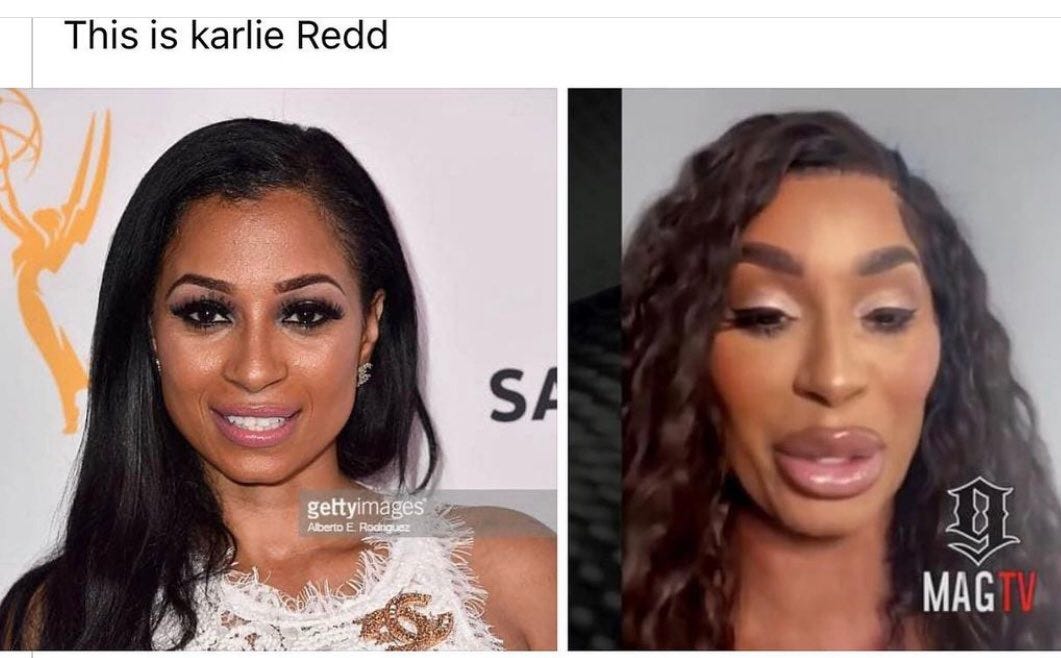Examining the Emotional and Social Variables That Drive Individuals to Consider Cosmetic Surgical Treatment as a Means of Improvement
The decision to seek cosmetic surgical treatment often extends beyond simple appearances, intertwining with emotional and social dynamics that warrant thorough exam. Elements such as self-worth, prevalent societal beauty standards, and the prevalent impact of social media merge to shape individual motivations for medical improvement.
The Function of Self-worth
Self-esteem considerably influences an individual's decision to go after cosmetic surgical treatment. People with reduced self-worth often perceive themselves in an unfavorable light, leading to sensations of insufficiency concerning their physical appearance.

Ultimately, the duty of self-worth in the decision-making process relating to plastic surgery highlights the complex interaction between body image, individual complete satisfaction, and psychological health and wellness. Comprehending this partnership is important for healthcare specialists to guarantee that patients are making educated choices rooted in practical expectations and psychological well-being.
Social Beauty Specifications
Influenced by prevalent media representations and social stories, social appeal standards play a critical role fit individuals' understandings of their very own bodies. These requirements are frequently defined by an idyllic type of appeal that highlights qualities such as proportion, slimness, and youthfulness. As these perfects are perpetuated via various networks, including television, advertising and marketing, and movie, people frequently internalize these messages, causing frustration with their all-natural appearance.
The implications of these societal norms extend past aesthetic choices; they can influence self-worth, psychological health, and social partnerships. Individuals who regard themselves as disappointing these requirements might experience feelings of insufficiency, prompting a need for cosmetic surgical procedure as a way of attaining social approval. This pursuit is frequently sustained by the idea that complying with these suitables will improve not just physical appearance however likewise social standing and personal gratification.

Impact of Social Network
The influence of societal charm requirements is further intensified by the rise of social media systems, where curated photos and idealized depictions of charm are ubiquitous. Individuals are continuously revealed to filteringed system and modified photographs, which commonly illustrate unattainable physical attributes. This direct exposure grows a culture of contrast, leading individuals to examine their own appearance against these frequently impractical criteria.
Social media site influencers and stars regularly promote aesthetic procedures, normalizing the concept that medical improvements are a feasible means for accomplishing social ideals (plastic surgery rancho cucamonga). The visibility of these improvements can create an assumption that going through cosmetic surgery is a standard method, thus influencing people to take into consideration comparable treatments as a path to enhanced the original source self-esteem and social approval
Furthermore, the interactive nature of social media permits prompt responses with likes and comments, better reinforcing the wish to satisfy popular beauty standards. Such communications can worsen sensations of inadequacy and drive people towards cosmetic surgical procedure as a way of acquiring recognition. Ultimately, social media plays a pivotal duty in shaping perceptions of charm, which significantly affects the decision-making procedures bordering cosmetic surgery.

Cultural Perspectives on Look
Across numerous societies, perceptions of appearance are deeply rooted in historic, social, and financial contexts, forming people' sights on charm and value. In lots of cultures, appearance functions as a considerable marker of identity, affecting social standing, specialist possibilities, and individual partnerships. For instance, in some societies, light skin is typically connected with riches and benefit, while others may idealize darker complexion as signs of strength and authenticity.
Moreover, conventional appeal criteria are commonly bolstered through social narratives, media representations, and family members influences, bring about varying ideals throughout different areas (plastic surgery rancho cucamonga). In Western cultures, the focus on youth and fitness commonly drives individuals towards cosmetic improvement, while in specific Eastern societies, even more refined modifications lined up with conventional looks might be preferred
Globalization and the expansion of electronic media have further made complex these dynamics, producing a hybridization of appeal perfects that goes beyond geographical borders. As individuals significantly navigate these social stories, check here the stress to adhere to particular appearance standards can lead to the desire for cosmetic surgery, showing a complicated interaction of personal ambitions and social values. Comprehending these cultural point of views is vital in attending to the motivations behind plastic surgery factors to consider.
Emotional Effects of Aesthetic Surgical Procedure
Lots of individuals seeking cosmetic surgical procedure record experiencing extensive psychological effects that can considerably change their self-perception and psychological well-being - plastic surgery rancho cucamonga. The desire for physical improvement commonly comes from underlying problems such as low self-confidence, body dysmorphic condition, or societal pressures relating to charm requirements. For some, the instant post-operative stage can bring about a short-term boost in self-esteem and contentment with their appearance, cultivating a feeling of empowerment
However, these positive feelings may not be enduring. Research study suggests that while some patients experience boosted self-worth, others might encounter elevated anxiousness or clinical depression if their expectations are not fulfilled. This disparity can develop from unrealistic suitables continued by media depiction and cultural narratives surrounding appeal.
Moreover, the psychological ramifications of cosmetic surgery prolong past the individual. Relationships with friends and family may be stressed as social dynamics change, resulting in feelings of isolation or alienation. Ultimately, the mental influences of plastic surgery are complex and complex, requiring cautious consideration by both prospective clients and doctor to ensure enlightened decision-making and sensible assumptions.
Conclusion
Finally, the decision to pursue cosmetic surgical procedure is considerably affected by a combination of self-worth concerns, societal appeal requirements, and cultural perspectives on look. The pervasive reach of social media even more aggravates these stress, promoting impractical ideals that individuals often aim to acquire. Understanding these mental and social aspects is crucial for dealing with the motivations behind plastic surgery, highlighting the requirement for a more nuanced discussion surrounding beauty and self-acceptance in contemporary culture.
The choice to pursue cosmetic surgical treatment frequently expands beyond mere appearances, linking with social and emotional dynamics that warrant detailed examination. Ultimately, social media plays a critical duty in forming assumptions of charm, which considerably affects the decision-making processes surrounding cosmetic surgery.
As individuals increasingly browse these social narratives, the pressure to adjust to details appearance requirements can lead to the wish for cosmetic surgical procedure, showing a complicated interplay of personal aspirations and social worths.In verdict, the decision to seek cosmetic surgical procedure is significantly influenced by a mix of self-esteem issues, social beauty requirements, and social viewpoints on Going Here appearance. Understanding these psychological and social aspects is essential for addressing the inspirations behind cosmetic surgery, highlighting the demand for an extra nuanced discussion surrounding elegance and self-acceptance in contemporary society.